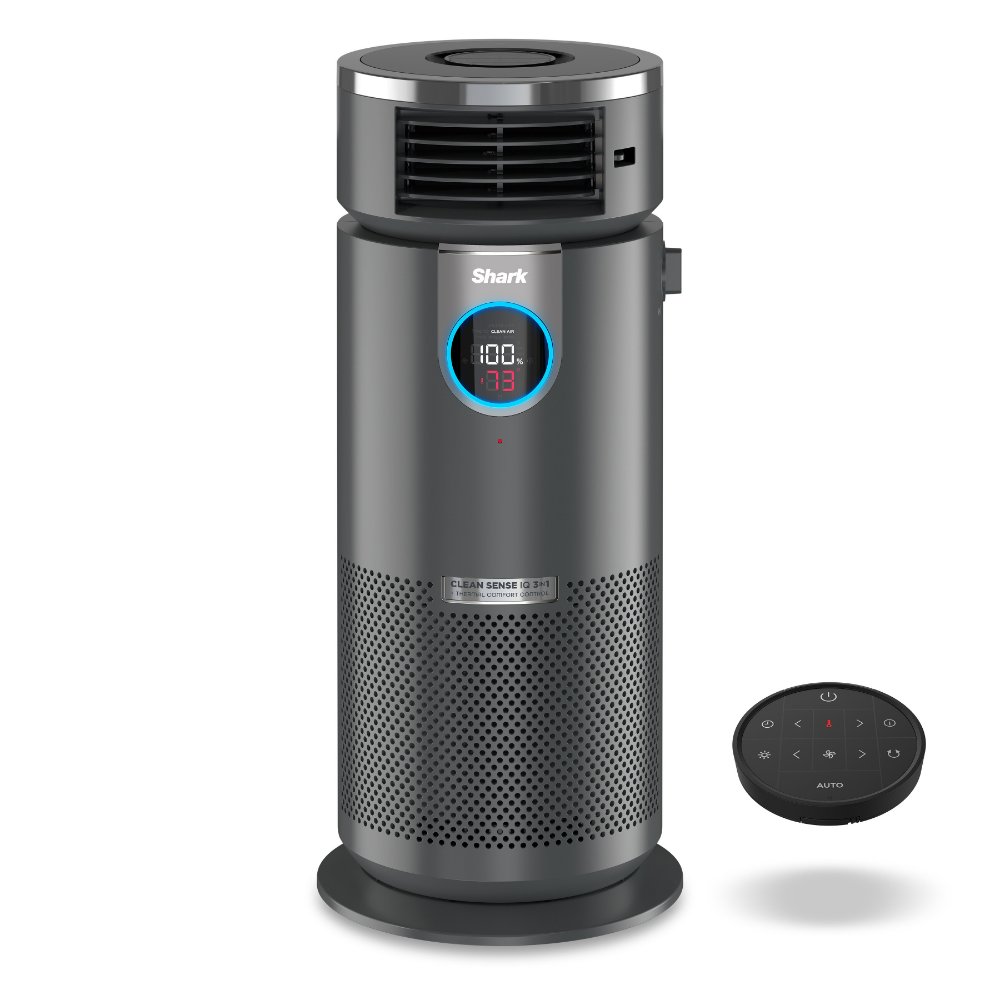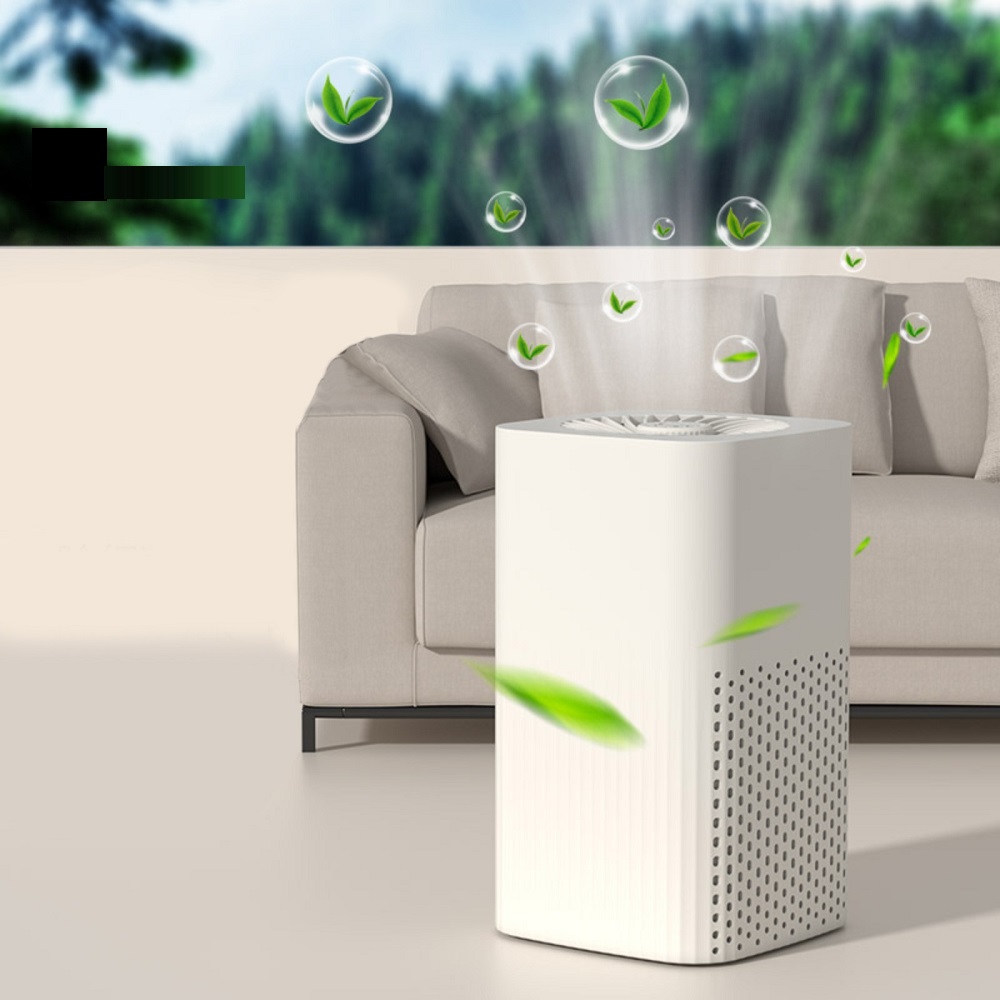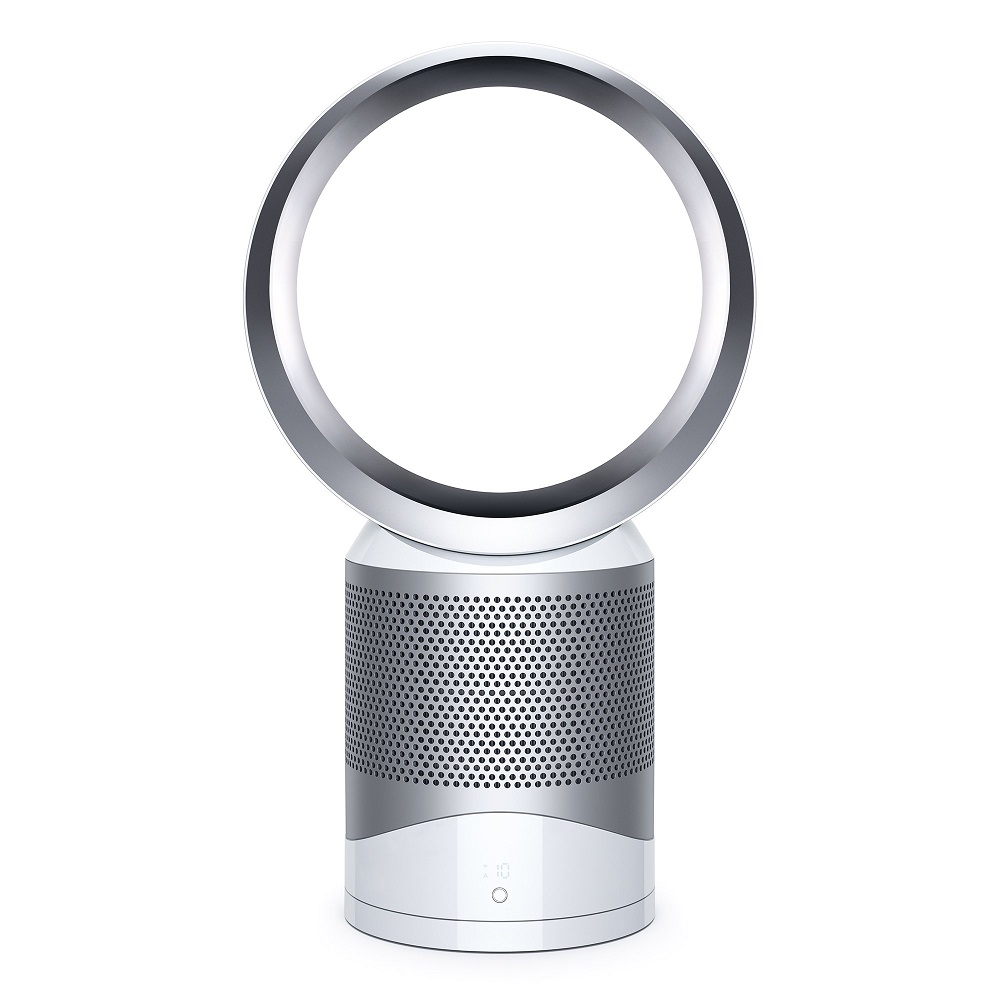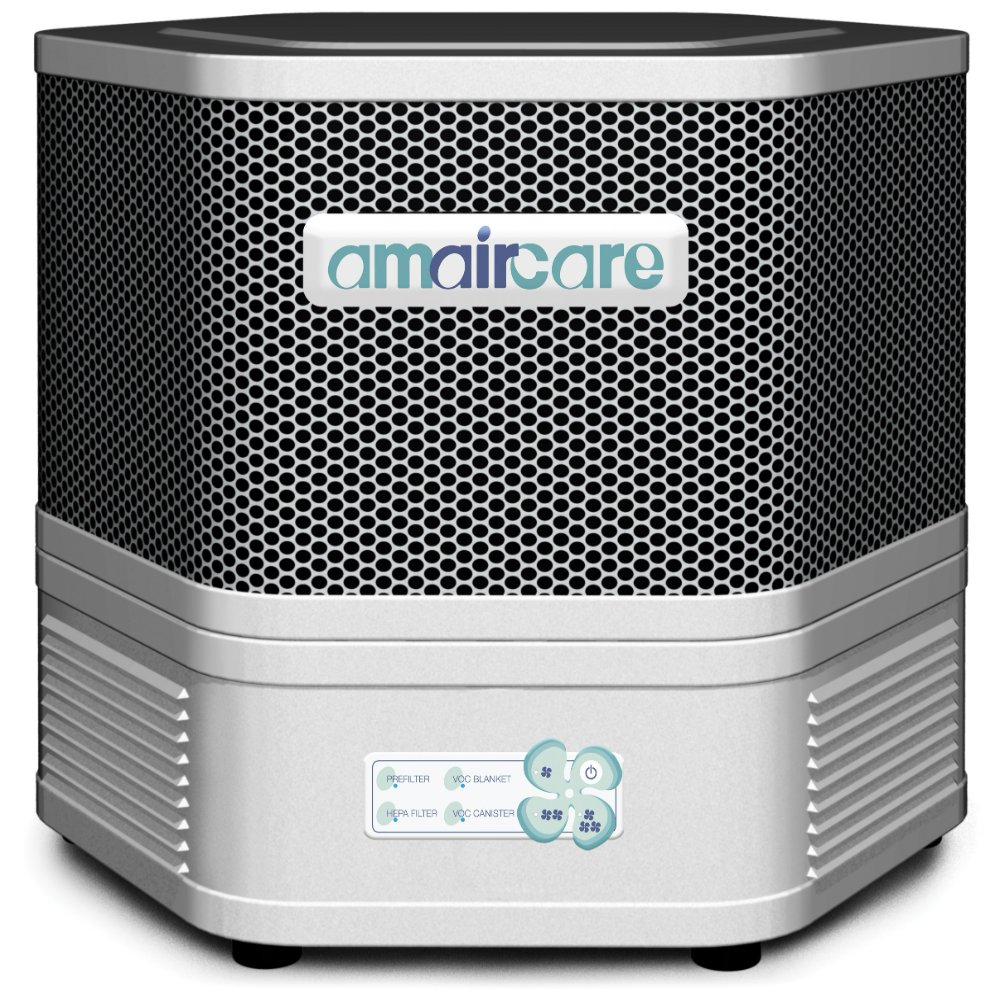When it comes to creating a healthier, more comfortable living environment, particularly during certain seasons or in specific climates, many homeowners find themselves facing a crucial decision: Should they invest in an air purifier, a humidifier, or both? At first glance, these devices might seem interchangeable due to their shared purpose of enhancing indoor air quality. However, their functions are distinctly different, each offering unique benefits tailored to specific air quality issues. In the following sections, we will explore the difference between air purifier and humidifier, helping you make an informed decision for your home.
Understanding Air Purifiers: How They Work and Their Benefits
Air purifiers are specifically designed to cleanse the air inside your home by removing pollutants, allergens, and other harmful particles. These devices utilize various filtration systems to capture microscopic particles that can adversely affect your health. The most common type of air purifier features a HEPA (High Efficiency Particulate Air) filter, which can trap 99.97% of particles as small as 0.3 microns, including dust, pollen, pet dander, and even some bacteria and viruses.
In addition to HEPA filters, many air purifiers also incorporate activated carbon filters, which excel at removing odors and volatile organic compounds (VOCs) from the air. This dual-action filtration process ensures that not only are the common allergens eliminated, but also the potentially harmful chemicals and unpleasant odors that can linger in indoor environments. Some modern models also include features like UV-C light, which further enhances their ability to neutralize germs and bacteria.

One of the primary benefits of air purifiers is their impact on allergy and asthma symptoms. Those who suffer from seasonal allergies or have pets at home often find relief when using an air purifier consistently. By filtering out airborne allergens, you can create a more comfortable space that reduces irritation and promotes better respiratory health. Additionally, since air purifiers work to circulate and refresh the air in your home, they can contribute to overall wellness by ensuring that you aren’t breathing in stale or contaminated air for extended periods.
Delving into Humidifiers: Their Functionality and Advantages
Conversely, humidifiers serve a different purpose: they add moisture to the air. This function becomes particularly essential during dry winter months or in arid climates, where humidity levels can drop significantly. Lack of humidity can lead to a range of comfort issues, such as dry skin, irritated sinuses, and even respiratory problems. By introducing moisture into the air, humidifiers help maintain ideal humidity levels—generally between 30% and 50%—that support comfortable living conditions.
There are several types of humidifiers available on the market, including evaporative, ultrasonic, steam vaporizers, and impeller types. Each functions differently; for instance, evaporative models use a fan to evaporate water from a wick filter, while ultrasonic humidifiers utilize high-frequency vibrations to create a fine mist. Regardless of the type, the end goal remains the same: to enrich the air with much-needed moisture.
The benefits of using a humidifier are particularly noticeable in terms of health and comfort. When humidity levels are optimal, you may experience fewer respiratory problems, reduced incidence of dry skin and eyes, and less discomfort caused by static electricity. Moreover, humidifiers can be beneficial for those suffering from asthma or allergies, as the added moisture can ease breathing and prevent throat and airway irritation. They can also help preserve wooden furniture and flooring by preventing the cracking or warping that can occur when humidity levels drop too low.

The Health Impact: Air Purifiers vs. Humidifiers
One of the most significant aspects to consider when choosing between an air purifier and a humidifier is the health impact each device has on you and your family. Air pollution, even indoors, can lead to various health problems, particularly for vulnerable populations like children, the elderly, and those with pre-existing conditions. Air purifiers excel in addressing these concerns by eliminating hazardous particles and allergens in the air, thus offering a safe haven from pollutants that can cause respiratory problems, allergies, or exacerbated asthma symptoms.
On the other hand, humidifiers effectively tackle the issues linked to dry air that can arise in colder months or dry climates. Dry air can irritate the mucous membranes in your airways, leading to increased susceptibility to colds, flu, and other infections. Additionally, dry air can exacerbate conditions like eczema and psoriasis, making humidifiers essential for individuals with skin sensitivities. Thus, depending on your specific health concerns, you may find that one device may serve your needs better than the other.
Lifestyle Considerations: Choosing the Right Device for Your Home
While understanding the functionalities and benefits of air purifiers and humidifiers is crucial, it’s often your lifestyle and home environment that will ultimately dictate which device is the right fit. Begin by assessing your current air quality and humidity levels. An air quality monitor can offer valuable insights into the types and levels of pollutants present in your space. If you frequently experience allergies, head congestion, or other respiratory issues, investing in an air purifier may be essential for your immediate comfort and long-term health.
Additionally, think about the local climate where you live. If you’re residing in a region with low humidity or experience harsh winters, adding a humidifier may be a more pressing need. Homes with forced-air heating systems often experience even lower humidity levels during the winter months, which can make living conditions uncomfortable and even affect your home’s structural integrity. In this case, a humidifier would certainly provide much-needed relief and comfort.
It is also worth considering whether you have specific zones within your home that require different devices. For instance, certain rooms may be more prone to dry air, such as bedrooms or nurseries, where a humidifier can help improve sleep quality and comfort, while other spaces, like living rooms or home offices, may benefit more from the allergen and pollutant removal capabilities of an air purifier.

The Potential for Combining Both: A Holistic Air Quality Solution
While you may be tempted to choose one over the other, it’s important to recognize that air purifiers and humidifiers can function in harmony to create an optimal indoor environment. For those particularly sensitive to air quality issues, using both devices strategically can provide significant health benefits and increased comfort. For instance, if you have an air purifier running in a well-ventilated area, you can still benefit from the added moisture provided by a humidifier in another space, thus ensuring that you don’t lose out on either advantage.
Some manufacturers have also begun producing combination devices that incorporate both air purification and humidification functions. This type of device can simplify your setup, reducing the number of appliances you need to operate while still addressing both air quality and humidity levels effectively. However, do your due diligence and ensure that any combination device meets the specific standards of performance you require for both air purification and humidity control.
Maintenance and Upkeep: Keeping Your Devices Running Smoothly
Regardless of whether you decide on an air purifier, a humidifier, or both, proper maintenance is crucial for ensuring their efficacy and longevity.
Air purifiers require regular filter changes to maintain their efficiency. Depending on usage, the types of filters used, and the concentration of pollutants in your home, filters should be checked and replaced every 3 to 6 months. Some models come with filter indicator lights, making maintenance hassle-free. Regular dusting of the exterior and ensuring the surrounding area is clean can also prolong the life of the device.
Humidifiers demand a different type of upkeep to prevent mold, bacteria, and mineral buildup. Distilled water is preferable, as it minimizes mineral deposits, while regular cleaning and disinfecting of the tank and parts are necessary to prevent the spread of harmful microorganisms. Many humidifiers come with built-in hygrometers, allowing you to monitor humidity levels and avoid over-humidification, which can lead to condensation on walls or ceilings.
Making the Final Decision: Air Purifier vs. Humidifier
As we’ve explored throughout this guide, both air purifiers and humidifiers serve distinct and important roles in improving air quality in your home. Your final decision should heavily rely on your specific needs, regional climate factors, and the unique challenges posed by your environment. If allergies, respiratory issues, or indoor pollution are your main concerns, an air purifier may be your best investment. However, if dry air is causing discomfort, a humidifier should be prioritized.
In many cases, a combination of both can yield the most significant improvements in indoor air quality, allowing you to enjoy a comfortable and healthy living space. Take the time to assess your home, health, and lifestyle needs carefully to choose the right devices that will enhance your quality of life, breathe easier, and feel more at home in your environment. In the end, your well-being depends on the air you breathe—make it better with a thoughtful purchase today.
